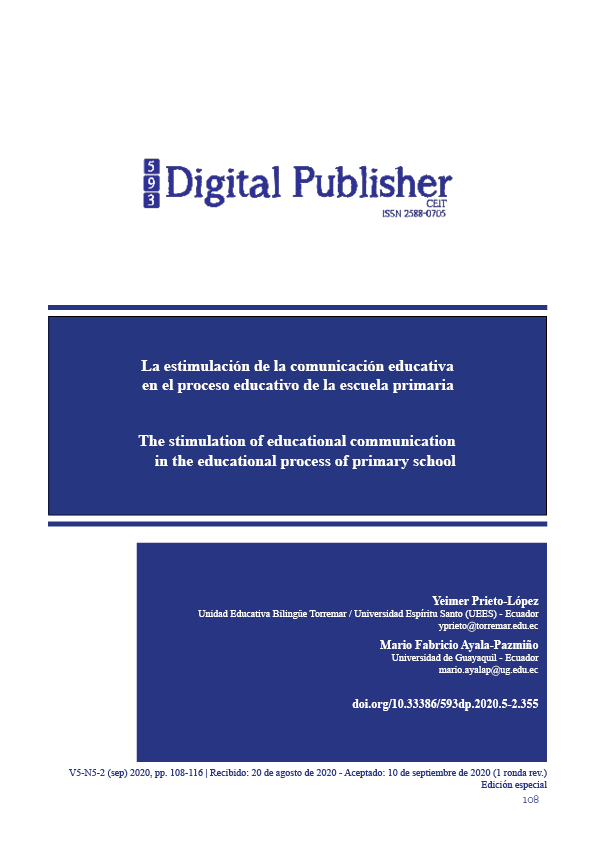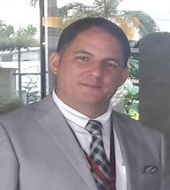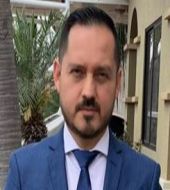The stimulation of educational communication in the educational process of primary school
Main Article Content
Abstract
The research presented is intended to outline an optimal path to enhance the value of scholarly communication in the educational process of primary school. There are multiple antecedents addressed between scholarly communication and the educational process in primary school students, which demonstrate that such communication achieves greater coherence in terms of educational influences between the school and the family. In this paper, the author tries to offer a way of a solution to the limits that scholarly communication within the family pose on the dynamics of the formative process of the primary schoolchild. A theoretical-methodological conception is proposed as the main contribution of the research, which focuses attention on a set of structural and formal elements typical of scholarly communication and the formative processes of the primary schoolchild that enable understanding of the dynamics of scholarly communication in primary education. The researcher emphasizes the contributions in constitutive areas for scholarly communication, which are methodologically concentrated, and which offer diversified results depending on the role of the family and the students themselves.
Downloads
Article Details

This work is licensed under a Creative Commons Attribution-NonCommercial-ShareAlike 4.0 International License.
1. Derechos de autor
Las obras que se publican en 593 Digital Publisher CEIT están sujetas a los siguientes términos:
1.1. 593 Digital Publisher CEIT, conserva los derechos patrimoniales (copyright) de las obras publicadas, favorece y permite la reutilización de las mismas bajo la licencia Licencia Creative Commons 4.0 de Reconocimiento-NoComercial-CompartirIgual 4.0, por lo cual se pueden copiar, usar, difundir, transmitir y exponer públicamente, siempre que:
1.1.a. Se cite la autoría y fuente original de su publicación (revista, editorial, URL).
1.1.b. No se usen para fines comerciales u onerosos.
1.1.c. Se mencione la existencia y especificaciones de esta licencia de uso.
References
Berges, S. (2003). The Cuban family in the second half of the 20th century. Editorial: Social Sciences, Havana.
Carral, E. (2002).
Labor collective and communication.
Editorial: Social Sciences, Havana.
Calderón, P. (2005).
Learn and teach in the school. Editorial: People and Education, Havana.
Campistrous, L. (1992).
Foundations of family therapy. Editorial: Economic Culture Fund, Mexico.
Daldas, G. (2002). Development of communication skills. In: Education Magazine, no. 76, January - March, p. 21-23, Havana.
Díaz, C. (2006) The educational prevention of adolescents, in the context of family and school. Thesis Dissertation. Havana.
Fernández, A. (2004).
Educational Communication. Editorial: People and Education, Havana.
Fernández, A. (2006). The development of communication skills. In: Educational communication. CEPES, Havana.
Figueroa, J. (1983). Teaching the mother tongue in primary school.
Frías, C. (1995). The oral communication in classes: some thoughts of Marti. In: Education Magazine, No. 53, April -June, p. 19-23, Havana.
Galindo, J. (1991). The problem of communication in psychology. Editorial of Social Sciences, Havana.
González-Rey, F. (1995). Educational communication and personality development. Editorial: People and Education, Havana.
Gutiérrez, F. (1986) Participatory education. In: Dialogue and interaction in the pedagogical process, p. 109-117. Editions: El Caballito, Mexico, DF.
Mansalva, M. (1994). Communication psychology. Publisher: Paidós, Barcelona.
Ojalvo, V. (1989). Communication in the classroom. In: Cuban Journal of Higher Education, No.1, Vol. 14, p. 29-34, Havana.
Ortíz, E. (1996). Towards a socio-psychological characterization of the teacher-student relationship. In: ISP Methodological Review, No. 5, p. 134-140. MINED, Havana.
Roig-Vila, E. (2003). Cognition and communication. International Congress of Pedagogy. IPLAC, Havana.
Stokoe, P. (1972). The value of education. Publisher: Ariel, SA, Barcelona.
Soto, M. (2005).
Today’s student, tomorrow’s teacher.
Progreso Publishing House, Moscow.
Vásquez, F. (2005).
Programs of training. Psychological criteria. In: Cuban Journal of Psychology, Vol. VI, No. 2, p. 79-83, Havana.



